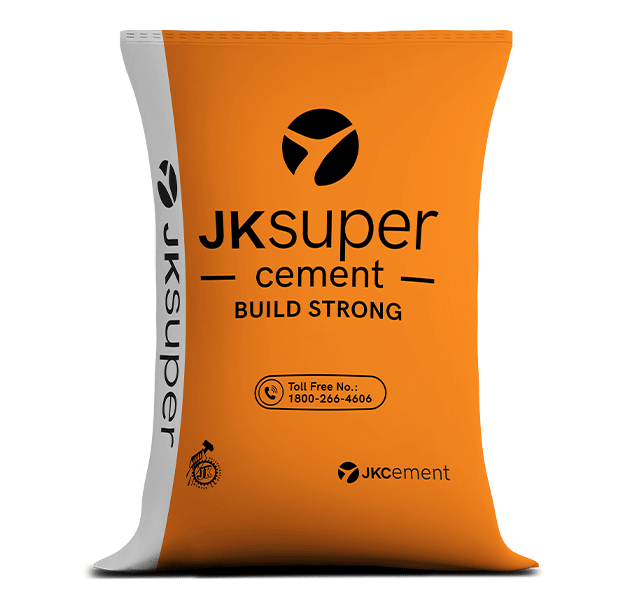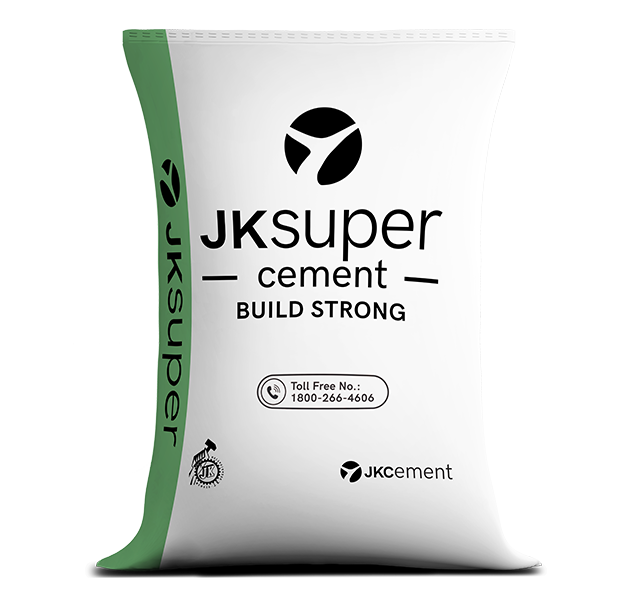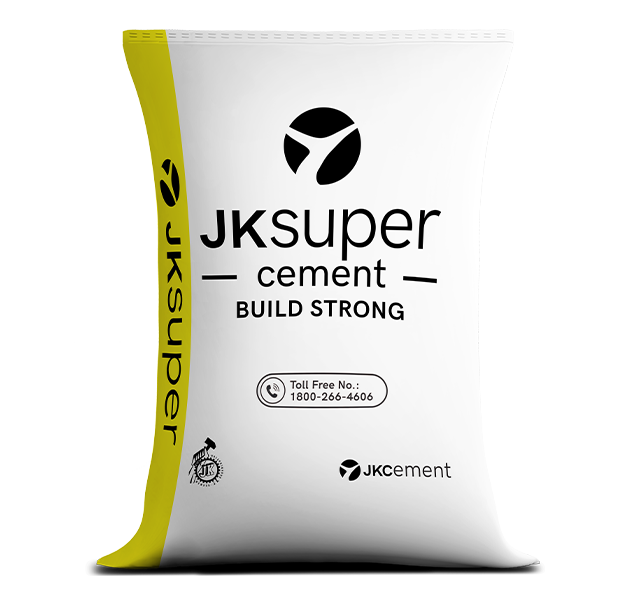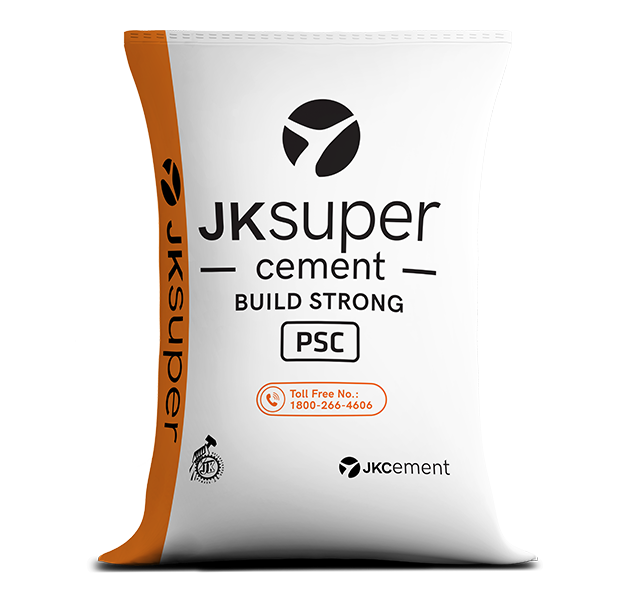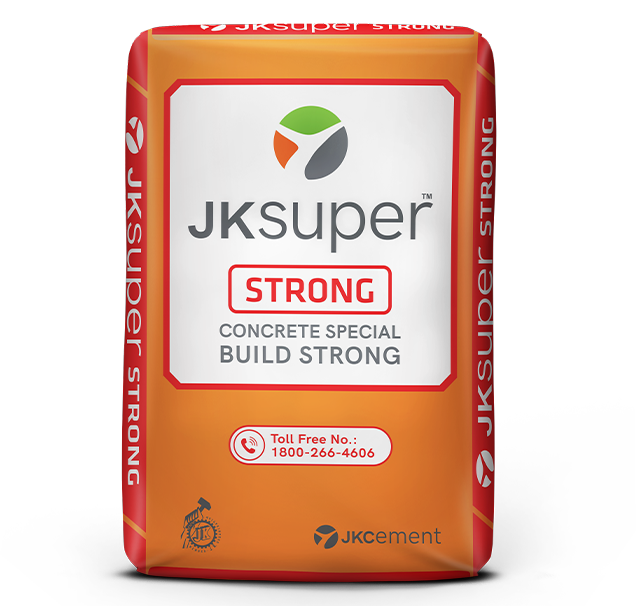Considering the generally high real estate prices, buying a property upfront may not be viable for many. This is where a home loan can be beneficial. A home loan is a financial instrument that can help you build your dream home. Financial institutions like banks can lend money for purchasing a home to eligible individuals at a predetermined rate of interest. Learn more about how to apply for a home loan here.
How Does a Home Loan Work in India?
You can seek a home loan to buy a flat/house or renovate, repair, or extension of your existing home. Generally, banks have a separate process for individuals who are taking a home loan for their first house and for those who are going for a second house. Thus, you are recommended to ask your loan provider to clarify the process and associated costs with the home loan process for the type of loan you are seeking. Essentially, the bank lends you money to buy a home and you must repay the bank the loan amount with interest.
The average interest rates for a home loan can range from approximately 6% to 12%. However, the interest rates vary from lender to lender and may change on the basis of the current Reserve Bank of India (RBI)-prescribed repo rate, economic activities, inflation, etc. If you choose a floating-rate home loan, the interest rates will change across the loan tenure based on the RBI rate fluctuations. On the other hand, you can opt for fixed rates where, as the name suggests, interest rates remain fixed for the loan tenure.
The timeline for loan repayment is called the home loan tenure. A higher loan tenure typically means lower Equated Monthly Instalments (EMIs) but a higher interest cost. If you opt for a shorter tenure, you can repay the loan quickly with relatively lower interest costs but a higher EMI.
Eligibility Criteria for Home Loan
The bank assesses your loan repayment capacity based on different parameters, some of which are mentioned below, to check your eligibility for the home loan.
- Monthly disposable income
- Assets
- Liabilities
- Stability of income
- Age
- Collateral security
- Employment type
- Residency status, i.e., resident or non-resident Indians
Step-By-Step Guide to a Home Loan Application Process
While the exact home loan process can vary across banks, here are the generic steps:
Step 1: Fill Out the Form
The first step involves filling out the loan application form from a bank or authorised lender. You can apply for a home loan online by filling out this form on the bank’s website.
Step 2: Submit Required Documents
Here’s a list of common documents that you may need to furnish to avail yourself of a home loan:
- Legal documents related to the house you are purchasing, including the blueprint of the house
- Identity proof
- Address proof
- Latest salary slip
- Form 16 for businesspersons
- Bank statements or balance sheet for the last 6 months
Step 3: Processing of the Loan Application
After submitting the document along with the duly filled form, the bank will verify the documents and confirm all the details. An extensive enquiry to check your credit score will be launched to analyse your creditworthiness as a borrower. Once the verification is complete, the bank will proceed with your loan application.
Step 4: Property Verification
Before disbursing the loan amount, the bank usually conducts a technical and legal check to verify the property. Things like transparent ownership rights may be evaluated at this stage.
Step 5: Loan Sanction
If you meet the bank’s pre-requisite, the bank will send you a sanction letter; this letter can act as proof of loan sanction. Details such as the loan amount depending on your eligibility, interest rate, type of interest rates (i.e., fixed or variable), tenure of loan, and terms and conditions of repayment are listed in the sanction letter.
Step 6: Processing Fee
The bank will likely ask you to pay a one-time payment fee either before or after the loan sanction.
Step 7: Loan Disbursement
The bank will send a final agreement letter outlining all the details associated with the home loan. You will also receive a welcome kit and a detailed EMI schedule of the loan.
Home Loan: Tax Benefits
Apart from the obvious benefit of getting the required sum of money at short notice, you can enjoy tax benefits of:
- up to ₹1.5 lakh on stamp duty expenses under Section 80C of the Income Tax Act, 1961
- up to ₹1.5 lakh on principal repayment under Section 80C,
- up to ₹2 lakh on interest repayments under section 24B,
- and up to ₹2 lakh on interest repayment under special circumstances under Section 80EE and 80EEA.
Additional benefits include due diligence of the property you wish to purchase, long repayment tenure (as much as 25-30 years), no prepayment penalty, and the facility to transfer the balance from one lender to another if required.
Building your dream home is easier with financial instruments like home loans. Consider partnering with one of the top cement manufacturers of India for this project; you can also check grey cement prices here.
FAQs
How much home loan can I apply for, and how is the loan amount determined?
The home loan amount you can avail of depends on various factors, including your monthly disposable income and assets under your name. A bank will calculate the loan amount based on the creditworthiness of the applicant, age, employment history, location, etc.
What is the interest rate, and how does it affect the EMI of a home loan?
Interest rate is the charge you pay for availing of a loan from a bank. The higher the interest rate, the higher the EMI tenure/amount. Banks may offer you an option to keep the same EMI amount and increase the tenure of the loan if your interest rates increase in the case of floating rate home loan.
What should I do if my home loan application is rejected?
In case of home loan rejection, you can find out the reason for rejection and rectify it before applying to the same lender. Alternatively, you can apply for a home loan with another lender after a substantial amount of time.
Are there any additional costs associated with a home loan application?
Some banks may charge you a prepayment fee (usually about 2-3% of the remaining premium) if you choose to pay the loan amount before tenure completion.
How can I ensure a smooth home loan approval process?
Make sure that you provide the correct documents to the bank and avoid withholding relevant information about your income and the property to ensure a smooth home loan approval process.









